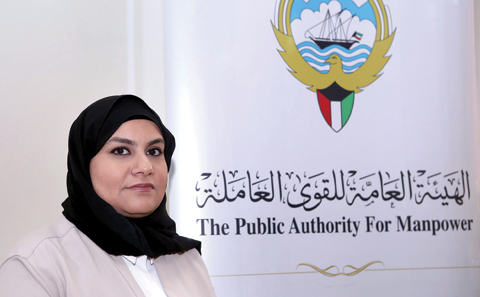LOS ANGELES: The Cleveland Cavaliers, fueled by 34 points from Darius Garland and 33 from Jarrett Allen, notched another big NBA victory on Friday, out-lasting Western Conference contenders Minnesota 113-104 in overtime.
The Cavs, who overturned a 22-point fourth-quarter deficit to stun the league-leading Boston Celtics on Tuesday, held on for the win over a Timberwolves team that came in as Western Conference leaders but finished the night half a game behind the Oklahoma City Thunder—who beat the Miami Heat 107-100.
Cleveland, without injured starters Donovan Mitchell, Evan Mobley and Max Strus, found the firepower to overcome Minnesota, who were coming off a draining victory over the Indiana Pacers on Thursday.
Allen’s career-high in points included 10 in overtime when the Timberwolves had to make do without star center Rudy Gobert, who fouled out with 27 seconds left in regulation. Angry at the sixth foul call against him, Gobert made a finger-rubbing “money” gesture toward a referee and was promptly charged with a technical foul.
Garland made the technical free-throw to tie it up at 97-97 and force overtime. Gobert said he thought his reaction was “the truth,” but he admitted it was an ill-judged gesture. “It cost my team the game,” he said. “It was an immature reaction. It’s not just one call. Everyone makes mistakes, but when it’s over and over and over again, of course it’s frustrating.”
Micah Nori, who stood in for Timberwolves head coach Chris Finch after Finch began feeling ill before tip-off, called Gobert’s actions at a crucial moment in the game “unacceptable.” “He was obviously frustrated, both teams were, but we have to be smarter,” Nori said.
Naz Reid scored a career-high 34 points for Minnesota and Anthony Edwards added 19 but was held scoreless in the fourth quarter and overtime. Meanwhile, Oklahoma City erased a 14-point deficit to beat the Heat. Shai Gilgeous-Alexander scored 23 of his 37 points in the second half to fuel the turnaround. The Thunder put together a 17-0 scoring run early in the third quarter to take a 68-65 lead and never trailed again.
Lakers hang on
Elsewhere in the West, D’Angelo Russell scored the game-winner with 5.9 seconds left, lifting the Los Angeles Lakers to a 123-122 victory over the Milwaukee Bucks. The Lakers were without superstar LeBron James, who was sidelined with a sore ankle. Anthony Davis was slowed by an apparent shoulder injury in the second half, but Russell picked up the slack, scoring 21 of his season-high 44 points in the fourth quarter.
“I just tried to do whatever I could do,” Russell said. “Scoring, assisting, whatever it may be, whatever they need from me... Bron was out, so a lot of guys stepped up.” The Lakers withstood Giannis Antetokounmpo’s triple-double of 34 points, 14 rebounds and 12 assists. After trailing most of the game, Milwaukee took the lead on an Antetokounmpo jump shot with 2:53 to play.
The Bucks pushed their lead to six points with less than two minutes remaining when Damian Lillard converted a four-point play. But Russell scored eight points in the last 1:13 and Lakers forward Spencer Dinwiddie blocked Lillard’s potential game-winner at the buzzer.
In other games, Zion Williamson scored 23 points and grabbed 12 rebounds to lead the New Orleans Pelicans, who surged to a 35-point lead midway through the second quarter and held on to beat the injury-depleted 76ers in Philadelphia.
The 76ers, struggling with NBA Most Valuable Player Joel Embiid and Tyrese Maxey sidelined, cut the deficit to five points with less than a minute to play, but couldn’t complete what would have been a monumental comeback. In Washington, the Wizards snapped a 16-game losing streak with a 112-100 victory over the Charlotte Hornets. — AFP











